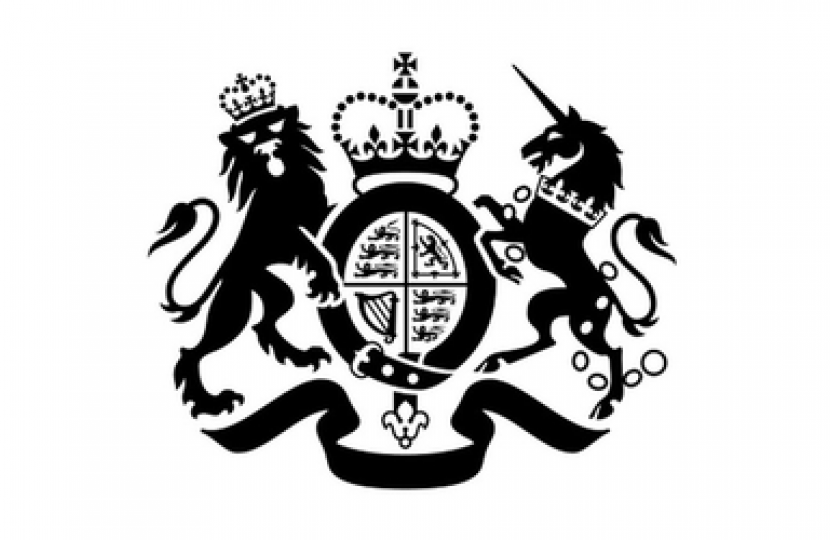
Treatment of ‘Politically Exposed Persons’ by financial institutions
The Government supports firm and co-ordinated international action against money laundering and terrorist financing, as part of its broader anti-corruption strategy. Such international anti-money laundering rules include provisions in relation to ‘Politically Exposed Persons’: these are people who work, or are very close to those, in the political or government sphere.
In previous years, there have been legitimate concern that such rules have been gold-plated by UK financial institutions; in turn, this has led to MPs and their families being deprived access to financial products or being given heavy-handed treatment.[1]
In particular, Sir Charles Walker MP has helped highlight such unacceptable practices, leading to amendments to the Bank of England and Financial Services Act 2016. The Government then worked with the Financial Conduct Authority to put in place clear guidance to financial institutions, which was published in 2017.[2]
It is important to have a proportionate, risk-based approach, to prevent excessive and unnecessary red tape. This is not to call for special treatment for politicians – but rather to recognise that UK politicians and their families are ‘low risk’. This reflects the UK’s rankings as one of the least corrupt nations in the world.[3]
In recent weeks, some colleagues have contacted me regarding difficulties they or their close family members have faced in dealing with different financial institutions. I take these concerns very seriously and I am keen to ascertain the extent of the problem, and to determine whether any poor practice is a wider issue or confined to particular financial institutions.
I would be grateful if colleagues could contact me with any practical examples that they have faced, including the name of the financial institution. HM Treasury will then review these, and (protecting your confidentiality, unless you consent otherwise) raise the issue with the Financial Conduct Authority if there are particular firms not following its guidance, or if there are gaps or ambiguity in the guidance.
There is also a power for any aggrieved individual to seek redress via the Financial Ombudsman Service, in relation to poor service or maladministration in breach of the guidance.
Those who contribute to public and political life perform a valued service. I hope this provides some re-assurance that the Government will stand up to and challenge over-zealous and officious practice towards law-abiding citizens.
JOHN GLEN
[1] Mail on Sunday, ‘Fury at banks hounding MPs’ families like African despots’, 24 January 2016.
[2] https://www.fca.org.uk/publications/finalised-guidance/fg17-6-treatment-politically-exposed-persons-peps-money-laundering
[3] World Economic Forum, Global Competitiveness Report, 2019, p.579.
